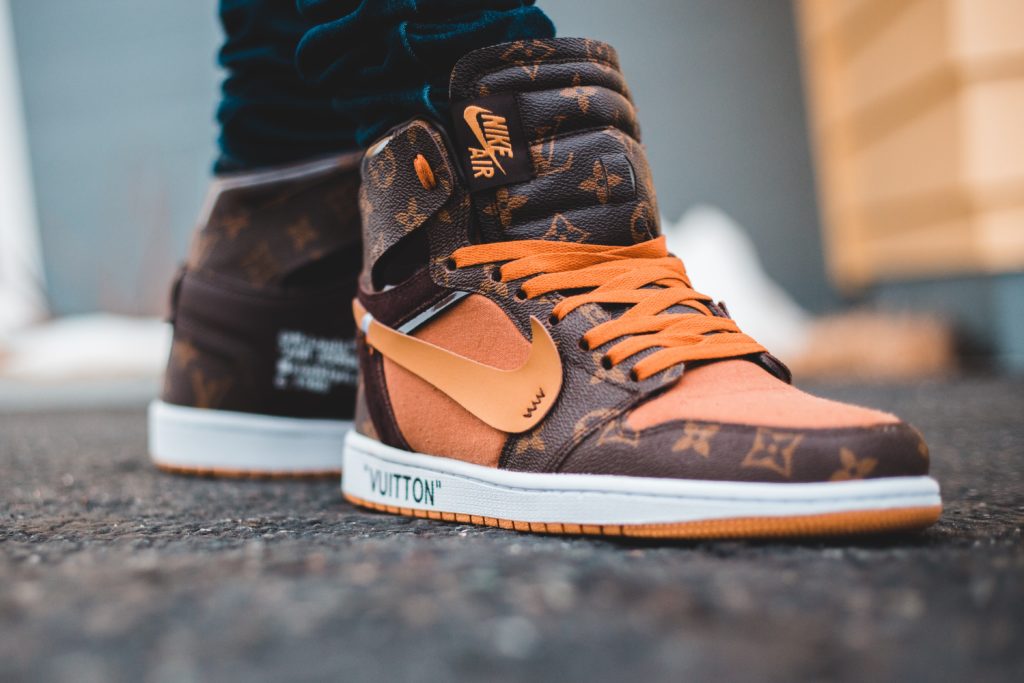What was your go-to shoe as a teen? When I was 14, Chuck Taylor All-Stars were all the rage and you’d be hard-pressed to find me wearing anything else. As the years progressed, the Nike Roshes took over the country and was soon rocked by every person in the know.
Sneaker culture has existed for decades but it has truly reached a high in South Africa within recent years. It’s incredibly normal for sneakerheads to queue outside stores for hours in the hopes of being the first to secure an anticipated new drop.
Online drops can go within a matter of minutes. In 2019, South African rapper AKA’s limited-edition collaboration with Reebok sold out online in a mere 10 minutes.
View this post on Instagram
Heavy hitters like Nike, Adidas, Reebok and Puma dominate the scene but there are also local brands like Bathu proving to be tough competition.
So where did it all come from? Sneaker culture was popularised by 80s and 90s African American hip-hop culture. Run DMC released their groundbreaking track, “My Adidas” in 1986, marking a paradigm shift where rappers and street style became synonymous. From Lil’ Kim and Aaliyah to P. Diddy and Travis Scott, hip hop musicians continue to set the curve for fashion.
This is still seen today, with artists like Drake boldly proclaiming “checks over stripes” and Kanye West coming out with his own incredibly successful Yeezy line.
https://www.youtube.com/watch?v=JNua1lFDuDI
View this post on Instagram
The sports scene has also had a large part to play in strengthening this trend. Today, one of the most popular (and most expensive) shoes on the market are Air Jordans, created for Hall of Fame basketball player and six-time NBA Finals MVP Michael Jordan back in the 1980s.
Some shoes have become synonymous with particular styles or cultures. For example, Vans was once the go-to brand for skaters but is now a commercial entity worn by anyone and everyone. Converse Allstars used to be strongly associated with ‘pantsula’, a dance craze that emerged as a way for young black township dwellers to protest against apartheid.
View this post on Instagram
Sneakers are also representative of upward mobility for many. The class signifiers behind those three stripes or the Nike Swoosh speak to your economic status, even if it’s not exactly accuarate.
For those who are not born into money, sneakers and name brands are the easiest way to project that prized image. It’s the exact reason why there are so many knock-off brands creating shoes eerily similar at a fraction of the price.
Sneaker culture is so powerful that it has even birthed another trend: the resale business. This multi-million dollar business has people purchasing highly-anticipated, limited-release sneakers in bulk with the intention of selling them at a 200-300% markup once the demand and their value has increased exponentially.
In early March, Nike North America’s vice president and general manager, Ann Hebert stepped down from her position after it was revealed her son operated a highly successful sneaker resale business.
View this post on Instagram
The beauty of sneakers is that they can be an extension of your personality. Whether you go big and bold or sleek and classic, each pair speaks to how you see yourself and the image you want to project to the world.
You can follow the trends and wear the sneaker of the moment, or march to the beat of your own drum and find an obscure pair no one else has. Some sneaker outlets like Officially Tape in Cavendish Square even offer customisation, allowing you to make every pair truly your own.
Picture: Pexels

